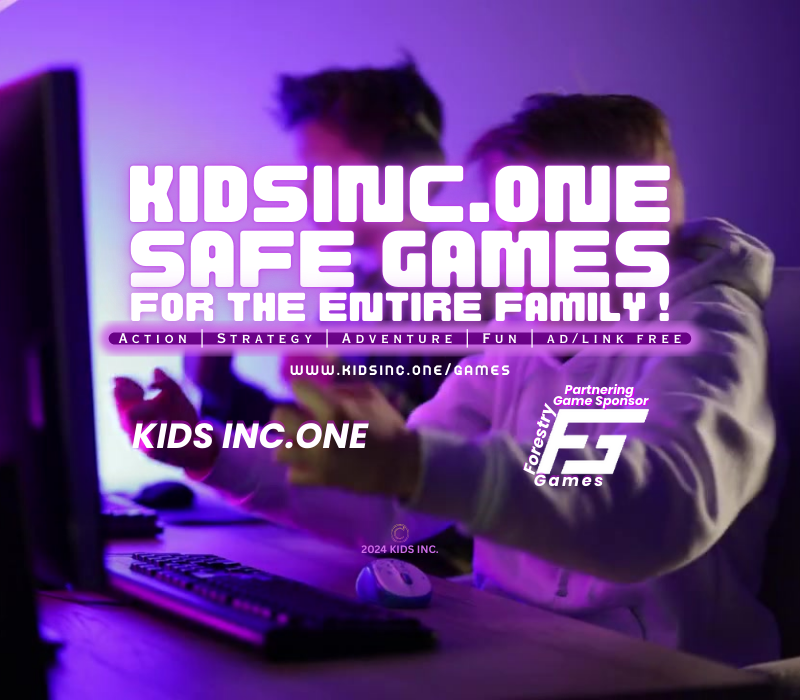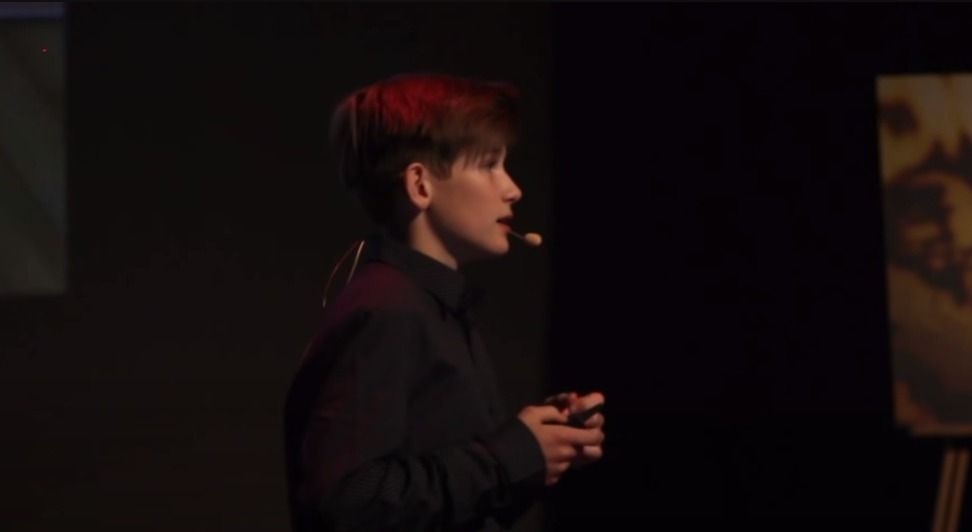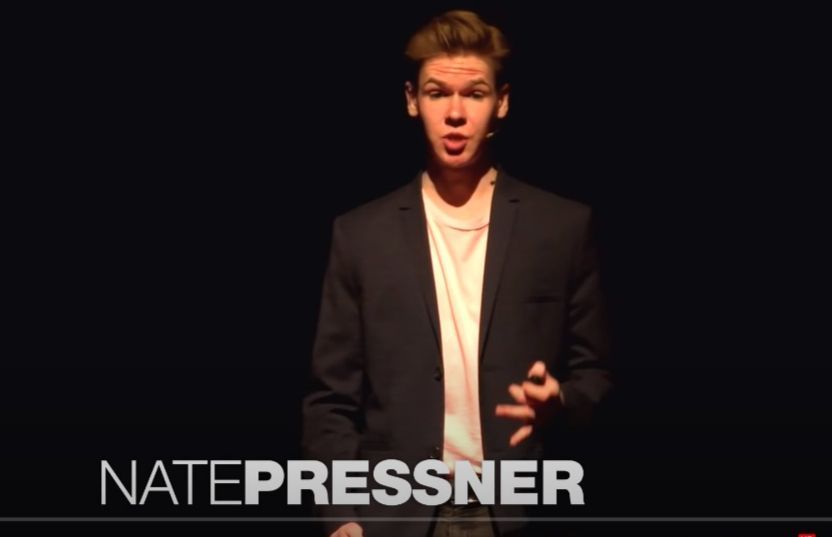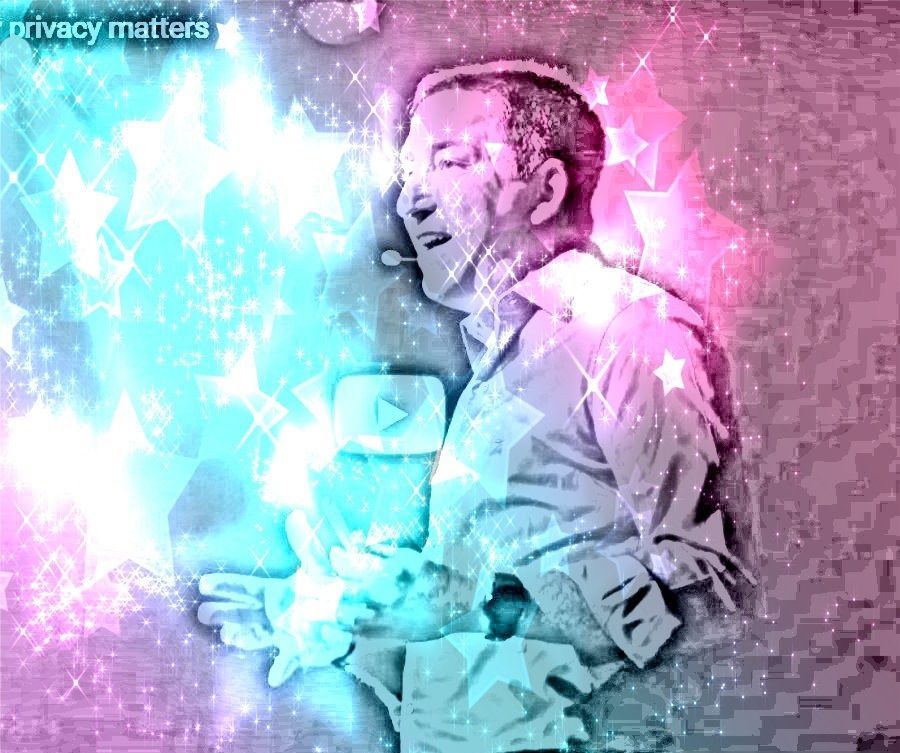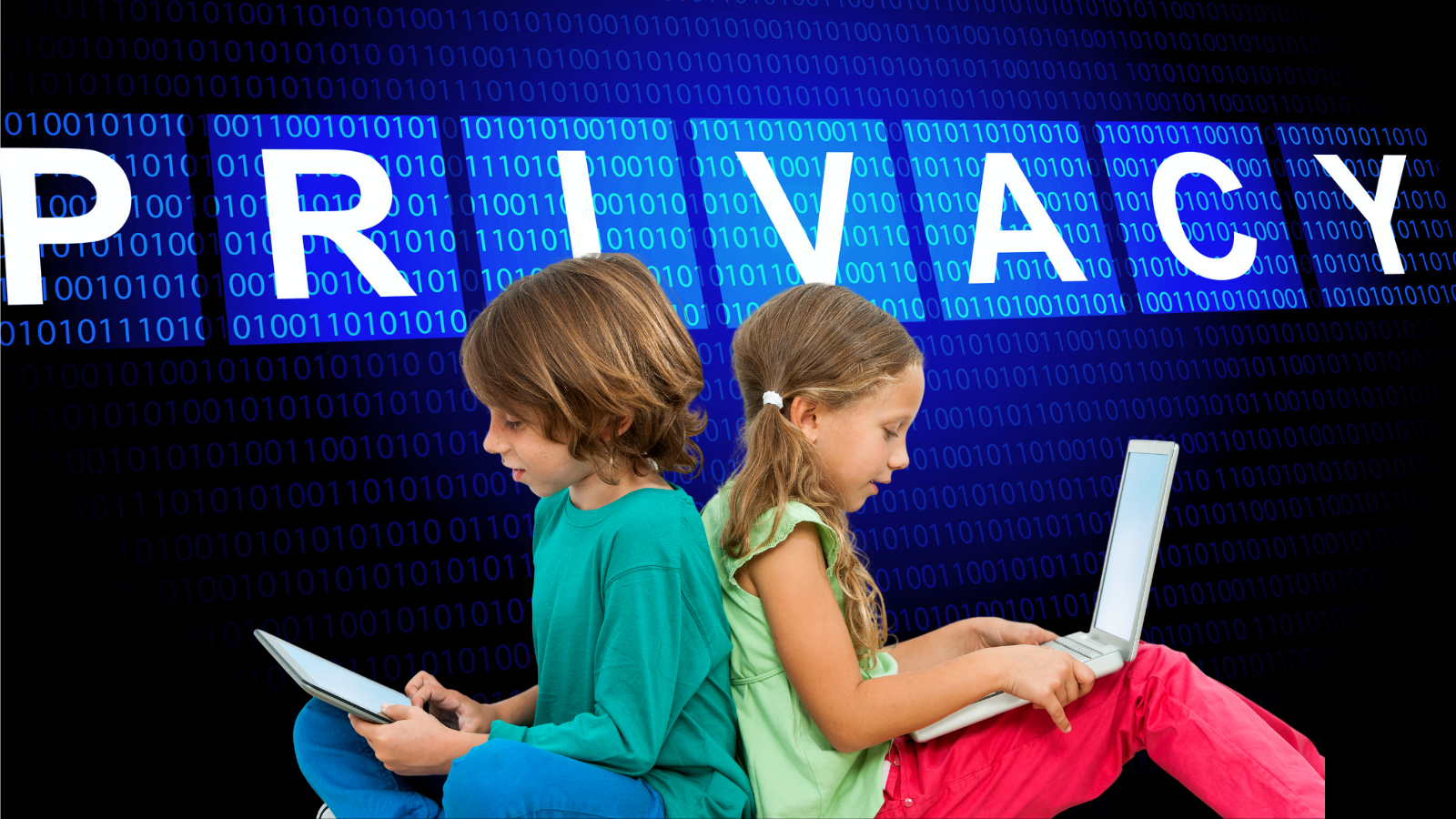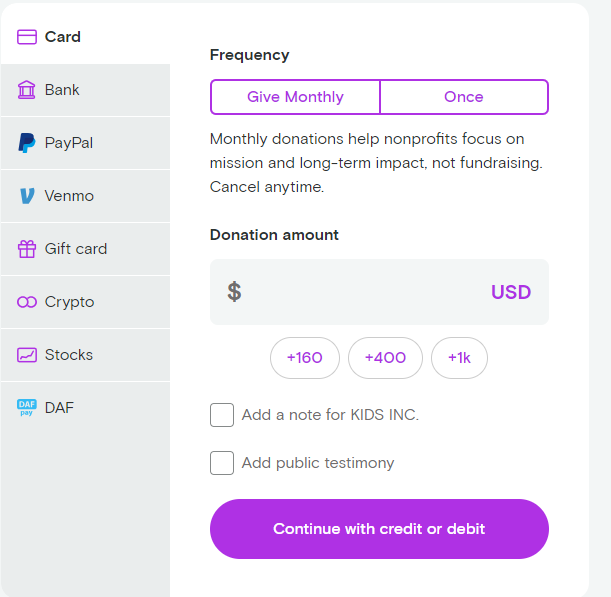Teens and children need a safe social network.
Together we can be the difference.

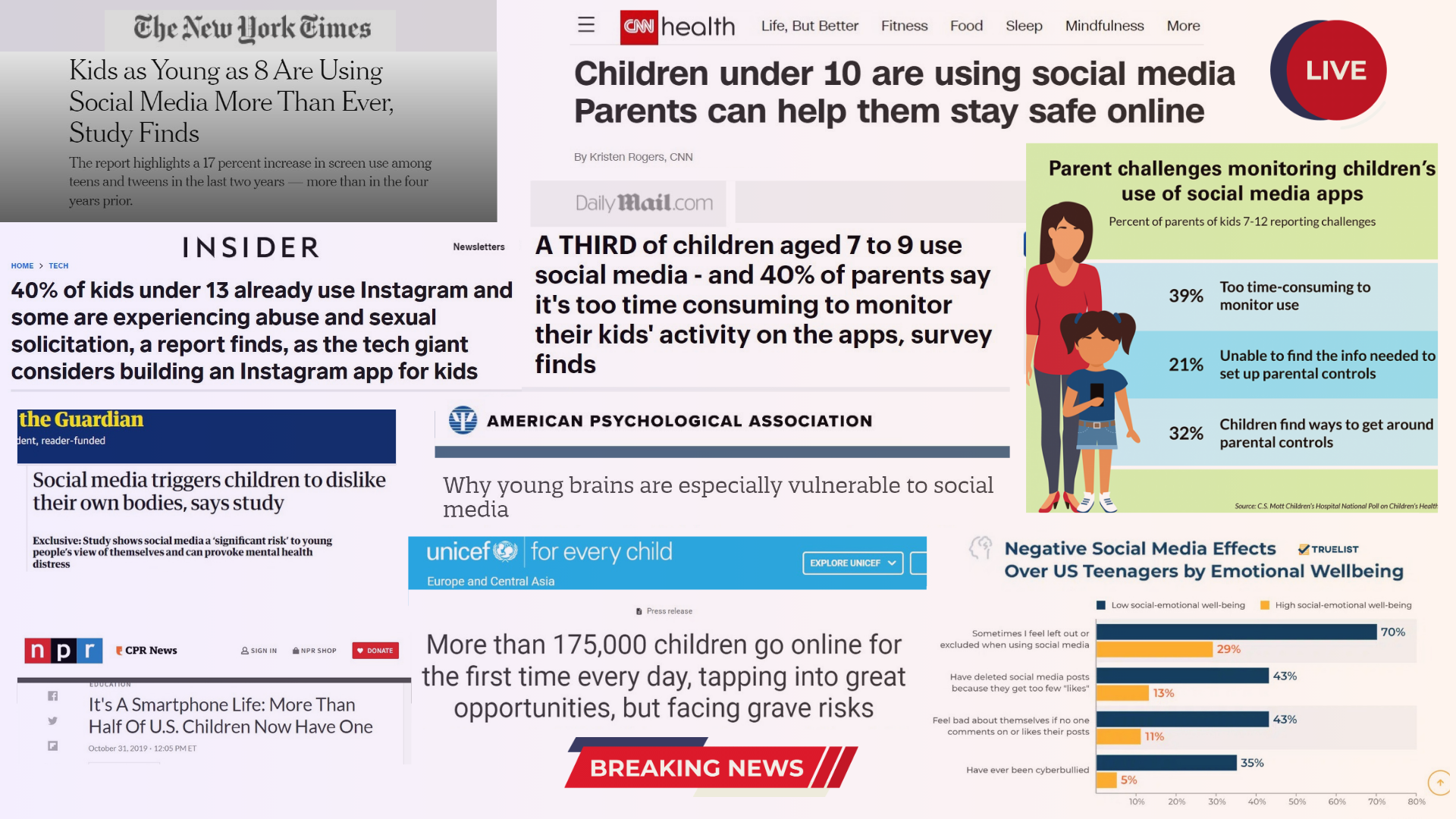
Child predators using social media to stalk kids and teens is a serious and growing problem in today's digital age. Social media platforms provide easy access for predators to reach out to children and lure them into dangerous situations.
One of the main issues with social media is that it allows predators to remain anonymous and hide behind fake profiles. This makes it difficult for parents and law enforcement officials to identify and track down these individuals. In addition, many children and teens are not cautious enough when using social media and often accept friend requests or engage in conversations with strangers.
The consequences of child predators using social media can be devastating. Children can be groomed, coerced, or manipulated into engaging in inappropriate and illegal activities. They can also be physically harmed, abducted, or even killed. The emotional trauma experienced by victims and their families can last a lifetime.
It is essential that parents, educators, and community members work together to protect children from online predators.
This includes monitoring their social media activity, educating them about the dangers of interacting with strangers online, and reporting any suspicious behavior to the authorities. By taking a proactive approach and staying vigilant, we can help prevent child predators from using social media to harm our children.
THE NEED FOR SOMETHING NEW PROVIDES GREAT OPPORTUNITY
Social networking has become a ubiquitous aspect of modern life, and while it can provide a valuable way for people to connect and share experiences, it can also present significant risks. This is especially true for teens and children who are still developing their social skills and may be more vulnerable to online predators and cyberbullying. Therefore, it is essential that young people have access to safe social networks that are designed with their needs and safety in mind.
One of the most important features of a safe social network is robust privacy settings. Young people need to be able to control who can see their content and who can communicate with them online. Additionally, safe social networks should have strict policies against bullying, harassment, and hate speech, and they should have mechanisms in place to quickly respond to reports of such behavior.
Another vital aspect of a safe social network is age-appropriate content. Adolescents and young children should not be exposed to inappropriate content, including sexual content, violence, and hate speech.
Safe social networks should have systems in place to monitor and filter content to ensure that young people are not exposed to harmful material.
Overall, safe social networks are essential for the healthy social development of young people. By providing a secure and controlled environment for social interaction, young people can develop important social skills while staying safe from harm.
KIDS INC. has been developing ONE, a family friendly safe social alternative. It's our safe little corner of the internet.
GOT KIDS?

